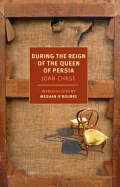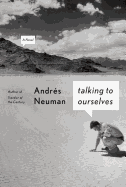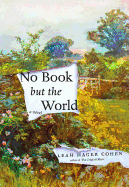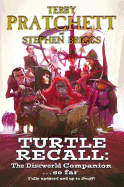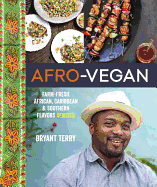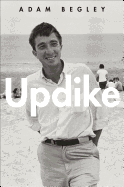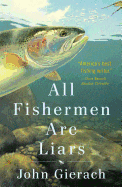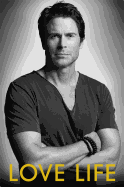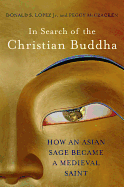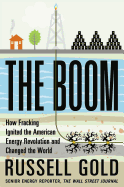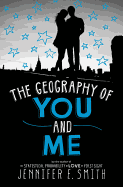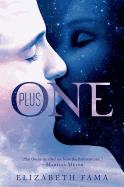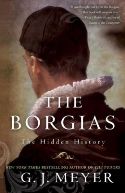 The Borgias: The Hidden History by G.J. Meyer (Bantam, $18)
The Borgias: The Hidden History by G.J. Meyer (Bantam, $18)
A fascinating look into the lives of the notorious Italian Renaissance family and its reputation for womanizing, murder and corruption. turns centuries of accepted wisdom about the Borgias on its head, probing deep into contemporary documents and neglected histories to reveal some surprising truths.
Cooked: A Natural History of Transformation by Michael Pollan (Penguin, $17)
In Cooked, Pollan asks why our country spends less and less time in the kitchen cooking, but more and more time watching television shows about cooking. Cooking is interesting and worthwhile, he argues; he comes at the subject from four different, elemental angles, examining how we channel fire, water, air and earth into the recipes that create meals.
Stuck in the Middle with You: A Memoir of Parenting in Three Genders by Jennifer Finney Boylan (Broadway, $14)
Ten years after her pioneering transgender memoir, She's Not There, Jennifer Finney Boylan's new memoir reveals how making the transition from a man to a woman affected her wife, Deedie, and their two young sons. It's ultimately a wise (and witty) inspiring tribute to unconditional family love regardless of labels and gender.
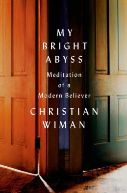 My Bright Abyss: Meditation of a Modern Believer by Christian Wiman (Farrar, Straus & Giroux, $13)
My Bright Abyss: Meditation of a Modern Believer by Christian Wiman (Farrar, Straus & Giroux, $13)
Wiman, an award-winning poet, displays considerable craft in each well-honed sentence in this poetic, sometimes visionary collection of linked essays examining his religious faith following a cancer diagnosis. My Bright Abyss is full of heart, grace, generosity of spirit and no small beauty.
The Invisible Girls by Sarah Thebarge (Jericho Books, $14)
At 27, breast cancer ended Sarah Thebarge's career, her studies and her romance. She fled across the country for a fresh start, where a chance meeting with Somali refugees, the "invisible girls" of this memoir's title, renewed her strength and her faith.
Letters to a Young Scientist by Edward O. Wilson (Liveright, $13.95)
Two-time Pulitzer Prize-winning biologist Edward O. Wilson draws on 60 years of research and teaching for a warm, spirited celebration of science, with an elegant introduction to its core concepts. It's bursting with insight and contagious awe for the natural world.
My Backyard Jungle: The Adventures of an Urban Wildlife Lover Who Turned His Yard into Habitat and Learned to Live with It by James Barilla (Yale University Press, $16)
When James Barilla went from renting to owning a home, he decided to get his yard certified as a wildlife habitat. With the constant stream of news about global warming and vanishing species, Barilla felt his wildlife habitat could make a small contribution to the environmental struggle. Barilla travels the world to discover exactly what an urban wildlife habitat is.
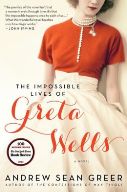 The Impossible Lives of Greta Wells by Andrew Sean Greer (Ecco, $14.99)
The Impossible Lives of Greta Wells by Andrew Sean Greer (Ecco, $14.99)
Greta, a young woman in her 30s, longs to live "in any time but this one"--1985. And then she's in 1918. Then, 1941. Greer's fourth novel asks the question: Knowing what we know now, if we could live in another time and place, would we truly love and live differently?
Heart of Palm by Laura Lee Smith (Grove Press, $16)
The story centers on three months in the lives of the Bravo family of a sleepy little Florida town. Their long-held properties on the Intracoastal Waterway are a magnet for developers. What will it take for the Bravos to sell? And at what price? Old wounds, secrets, heartbreaks and missed opportunities have woven themselves into the fabric of the present--and maybe the future, too.
Maya's Notebook by Isabel Allende (Harper Perennial, $15.99)
An endearing young woman finds refuge from her past off the coast of Chile in Isabel Allende's novel of teen rebellion, family love and redemption. Maya's story is woven with mysticism, revelations of complex family relationships, spirituality of several stripes and memories of the dark years after Chile's 1973 military coup.
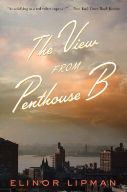 The View from Penthouse B by Elinor Lipman (Mariner, $14.95)
The View from Penthouse B by Elinor Lipman (Mariner, $14.95)
Elinor Lipman can always be counted on to make you empathize with her characters, whether you're chuckling or looking askance at them. Here, two 50-something sisters have almost simultaneous downturns in their well-planned lives. They decide to share a penthouse; hilarity, poignancy and the expected Lipman-esque satisfying conclusion ensue.
River of Stars by Guy Gavriel Kay (New American Library, $16)
Guy Gavriel Kay's novels grip readers with the passions and obsessions of real people--the romantic entanglements, improbable alliances and domestic intrigues that can ruin or make lives--and River of Stars is no exception. It's a deeply engrossing epic set in a fantastical variant of the actual medieval Song Dynasty of China. Kay has profound things to say about politics, art and the escaping of lesser fates through skill and effort.
Dear Lucy by Julie Sarkissian (Simon $ Schuster, $15)
Words, whether a person can speak them or is willing to speak them, are the cornerstone of Dear Lucy, an inventive debut novel by Julie Sarkissian about an innocent young girl with cognitive limitations and her relationship with those around her, offering themes about the fragility of life, love and being loved.
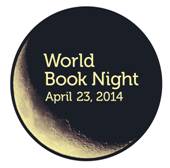 Tomorrow is the third annual World Book Night U.S., a magical day/evening when some 25,000 people across the country will give 500,000 books to people in their communities who don't regularly read. Givers, who applied months ago, have chosen one title from the 35 that were selected for this year; they receive 20 copies of their chosen book from their participating bookstore or library. The books range from older classics like Catch-22 by Joseph Heller and After the Funeral by Agatha Christie to more recent popular titles such as Presumed Innocent by Scott Turow, Waiting to Exhale by Terry McMillan, Tales of the City by Armistead Maupin and Wild by Cheryl Strayed. A few of the titles are in large print and Spanish editions, and this year there's an e-book, too.
Tomorrow is the third annual World Book Night U.S., a magical day/evening when some 25,000 people across the country will give 500,000 books to people in their communities who don't regularly read. Givers, who applied months ago, have chosen one title from the 35 that were selected for this year; they receive 20 copies of their chosen book from their participating bookstore or library. The books range from older classics like Catch-22 by Joseph Heller and After the Funeral by Agatha Christie to more recent popular titles such as Presumed Innocent by Scott Turow, Waiting to Exhale by Terry McMillan, Tales of the City by Armistead Maupin and Wild by Cheryl Strayed. A few of the titles are in large print and Spanish editions, and this year there's an e-book, too.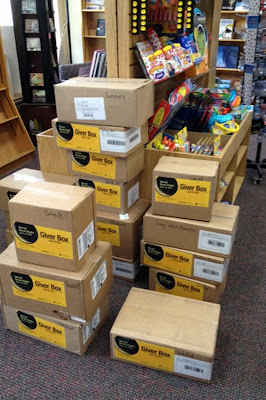 Altogether there's something for everyone, and all the books are free--thanks to authors forgoing royalties, publishers, printers, wholesalers and shippers donating services, booksellers and librarians coordinating distribution and an amazing staff at WBN U.S., headed by Carl Lennertz, a legend in the publishing industry.
Altogether there's something for everyone, and all the books are free--thanks to authors forgoing royalties, publishers, printers, wholesalers and shippers donating services, booksellers and librarians coordinating distribution and an amazing staff at WBN U.S., headed by Carl Lennertz, a legend in the publishing industry.



 My Bright Abyss: Meditation of a Modern Believer
My Bright Abyss: Meditation of a Modern Believer

